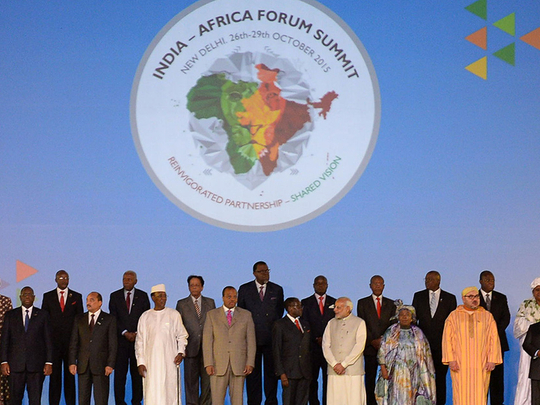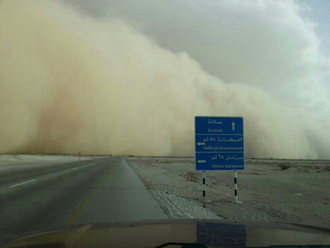
New Delhi: African nationals in the Indian capital live in a “pervading climate of fear and insecurity”, a group of African ambassadors has said, after the brutal murder of a Congolese teacher sparked allegations of racism.
The Group of African Heads of Mission said they may recommend their governments not to send students to India until safety conditions improve, following a string of what they say are unpunished racial attacks.
In the latest case, Masunda Kitada Oliver, from the Democratic Republic of the Congo, was allegedly bludgeoned to death in New Delhi on Friday night by three Indian men after an argument over an auto-rickshaw.
“Given the pervading climate of fear and insecurity in Delhi, the African Heads of Mission are left with little option than to consider recommending to their governments not to send new students to India, unless and until their safety can be guaranteed,” Alem Tsehage Woldemariam, Eritrean ambassador and dean of the group said in a statement Tuesday.
“Several attacks and harassment of Africans in India have gone unnoticed without diligent prosecution and conviction of perpetrators,” he said.
In an embarrassment for New Delhi, the envoys said they would not participate in Africa Day celebrations being organised by the Indian Council for Cultural Relations on Thursday.
They said the African community was in mourning over Oliver’s death and asked for the event to be postponed.
Oliver had completed his postgraduate study in India and was teaching at a private institute in the capital.
Mob attack
Police have arrested two of the three men accused in the attack but deny the murder was racially motivated.
India’s foreign ministry condemned the killing but said not every attack on an African national should be regarded as racist.
“Thousands of African students continue to pursue their education in India without any issues,” a foreign ministry spokesman said in a statement.
Junior minister V.K. Singh will meet mission heads and students to assure them of their safety, the spokesman said, without specifying a date.
In 2013, a Nigerian national was killed by a mob in western Goa state, with local politicians later comparing Africans to “cancer”.
Meanwhile in January, an Indian mob beat a Tanzanian woman and her male friends in Bangalore and set their car ablaze before dragging them off a bus, in an apparent revenge attack for an earlier road accident.
Delhi’s former law minister was also accused in 2014 of harassing African women after he led a vigilante mob through an area of the capital, accusing the women of being prostitutes.












